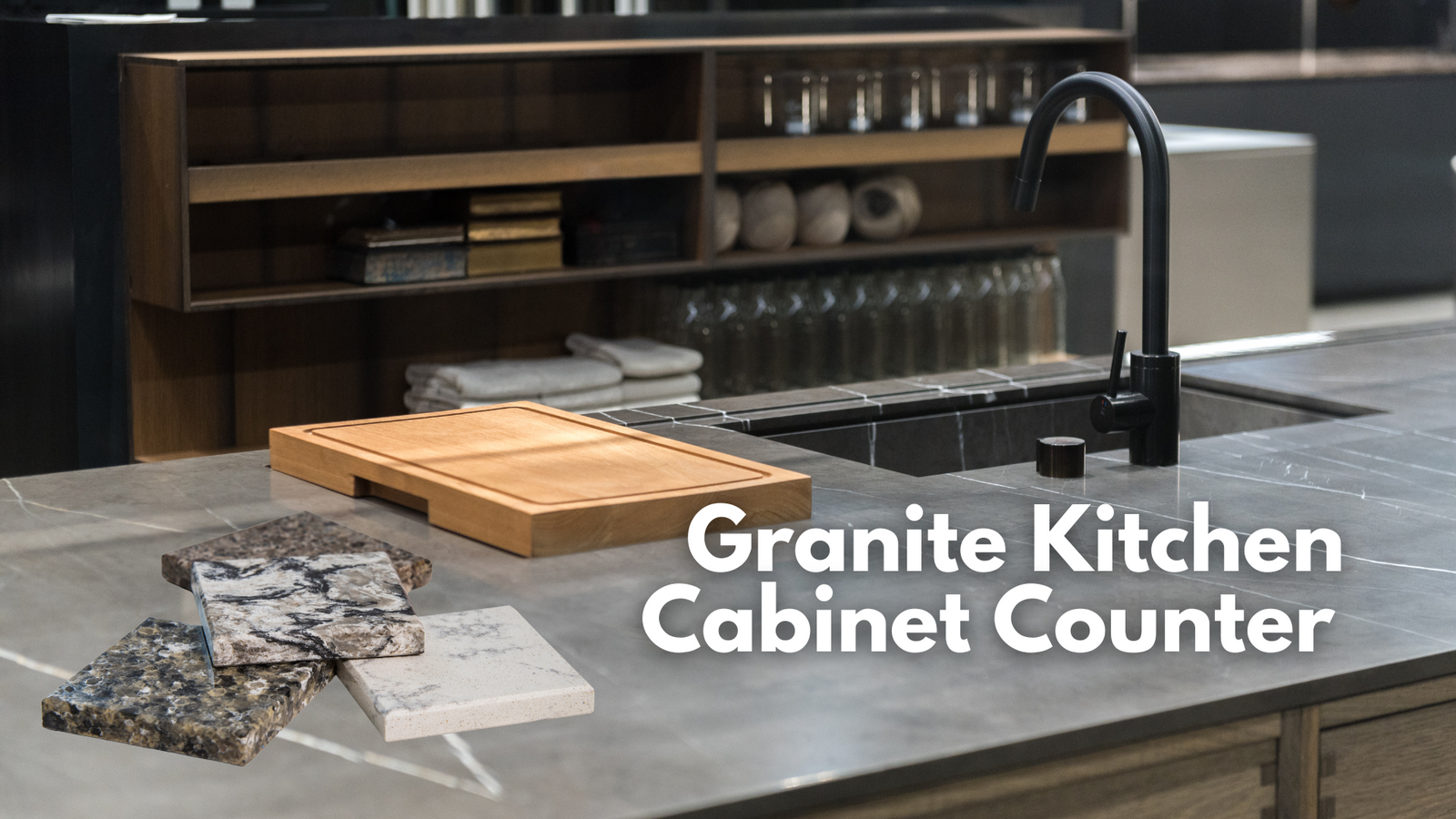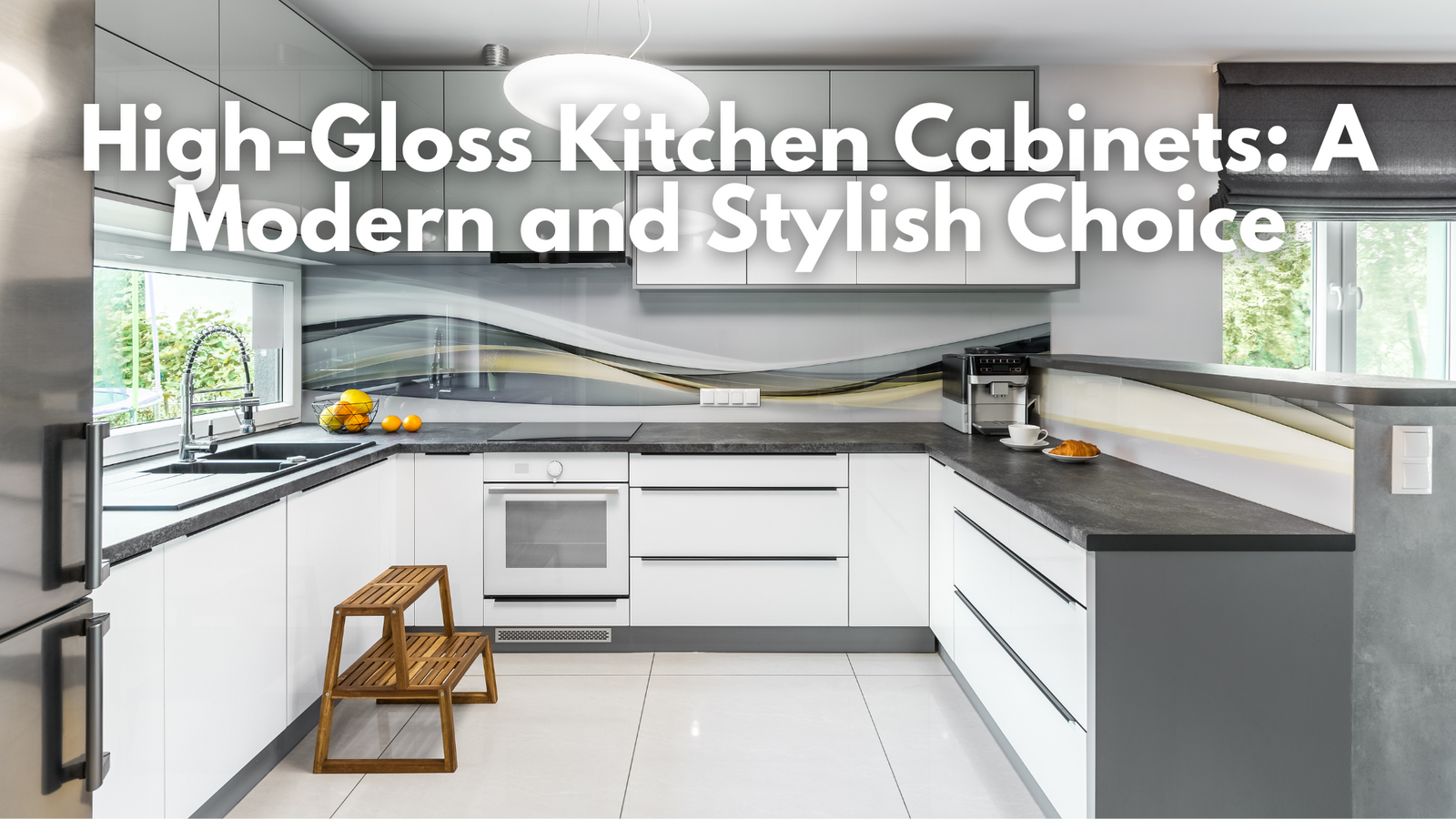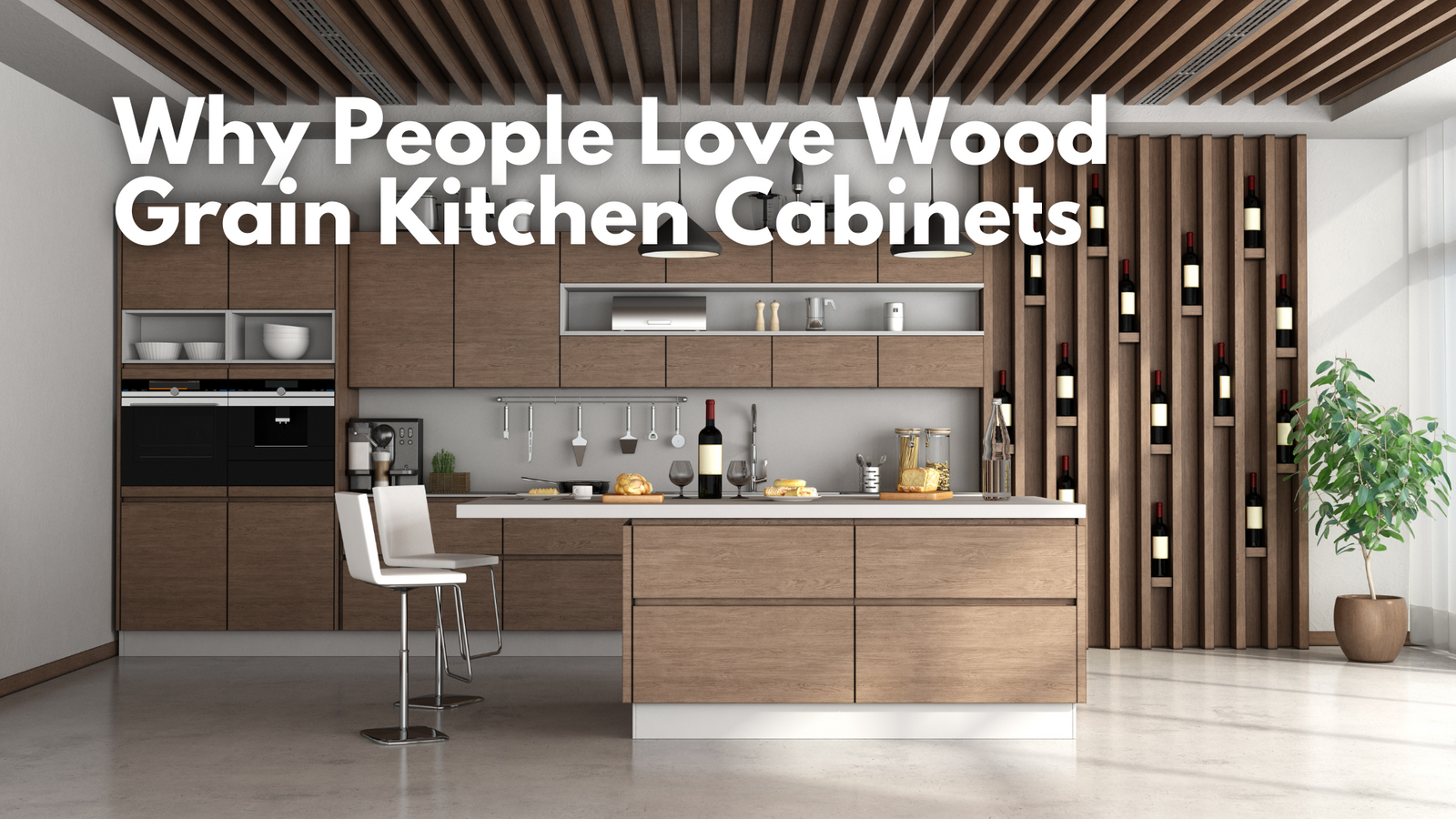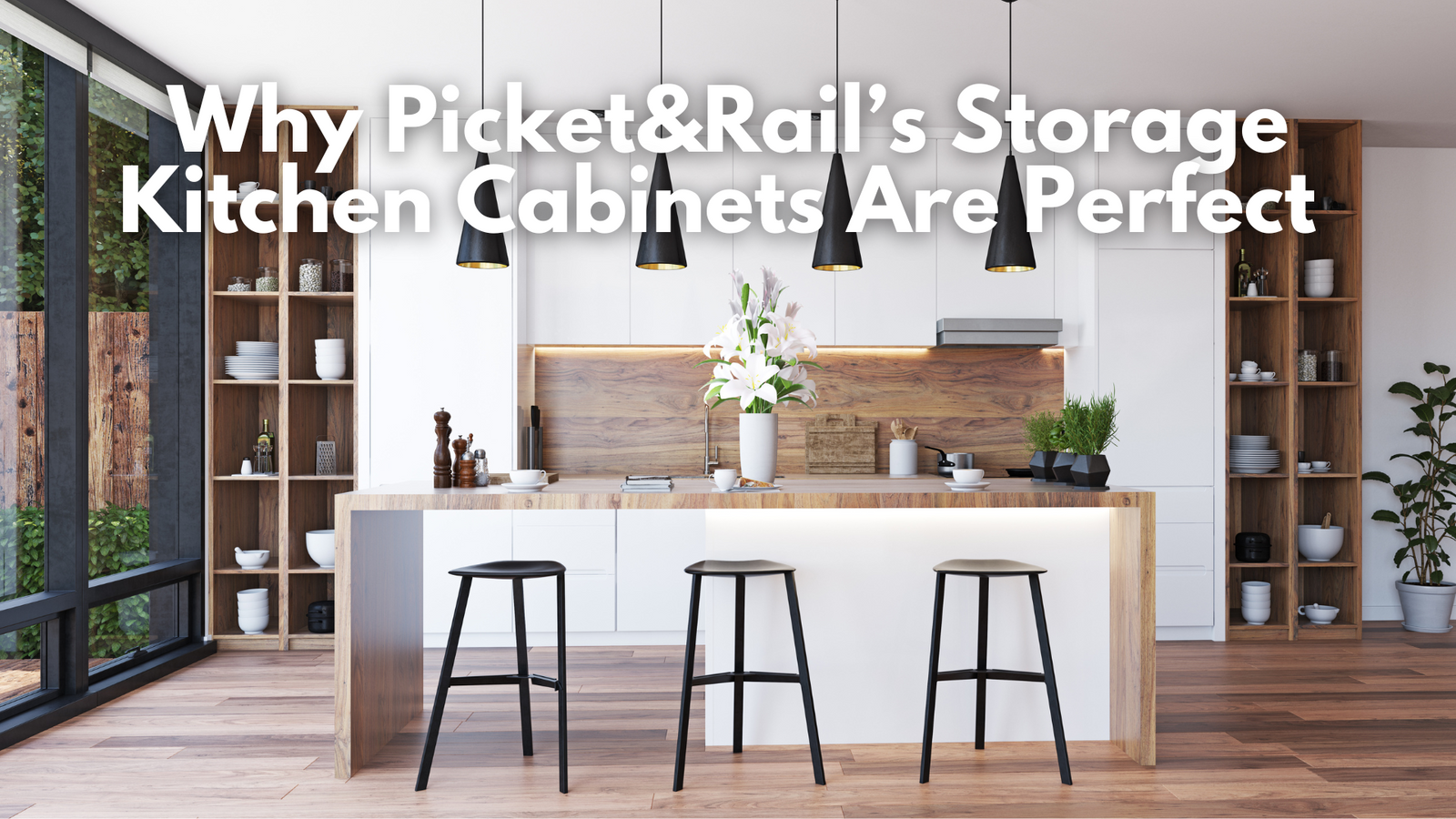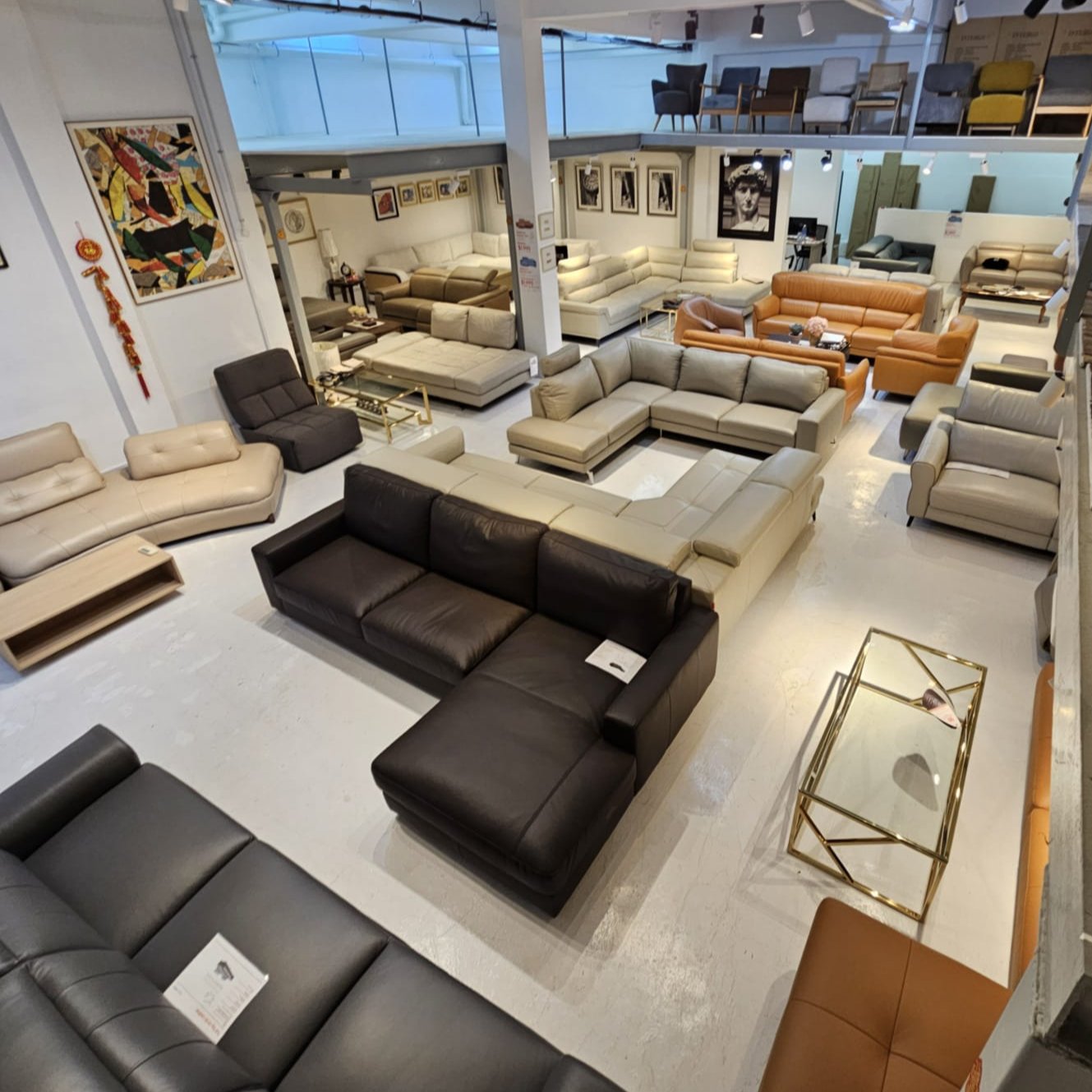When choosing a countertop for your kitchen cabinets, granite is a popular option due to its natural beauty, durability, and unique characteristics. However, like any material, it comes with both advantages and disadvantages. Here’s a detailed look at the pros and cons of using granite as your kitchen countertop.
Advantages Of Granite as Your Kitchen Cabinet Countertop
#1. Natural Aesthetic Appeal
Granite is a natural stone with a unique, organic appearance. Its rich colors and patterns add elegance and timeless beauty to any kitchen, making it a focal point that enhances the room’s aesthetic.
#2. Durability
Granite is an extremely durable material, resistant to scratches and chipping. It's one of the hardest natural stones, making it ideal for a high-traffic area like the kitchen, where durability is essential.
#3. Heat Resistance
Granite can withstand high temperatures, making it safe to place hot pots and pans directly on the surface without damaging it. This is a significant advantage for frequent cooks who need a practical and heat-resistant surface.
#4. Stain Resistance (with Proper Sealing)
When properly sealed, granite countertops are resistant to stains, especially from oils and acids commonly found in the kitchen. Regular sealing ensures that the surface remains easy to clean and maintains its stain-resistant properties.
#5. Increases Home Value
Granite countertops are considered a luxury feature in homes, and their presence can significantly increase the value of your property. Many homebuyers view granite countertops as a premium upgrade.
#6. Unique Patterns and Colors
Each slab of granite is unique, offering a wide range of patterns, textures, and colors. This uniqueness allows homeowners to find a countertop that perfectly complements their kitchen’s design.
#7. Low Maintenance (with Proper Care)
Once sealed, granite requires minimal maintenance. Regular cleaning with mild soap and water is typically all that's needed to keep the countertop looking great for years.
#8. Scratch Resistance
Granite is highly resistant to scratching, which is especially beneficial in kitchens where knives and other sharp objects are frequently used. This helps maintain the countertop’s pristine appearance.
#9. Resistant to Bacteria and Dirt
A properly sealed granite countertop has a non-porous surface, making it resistant to bacteria and dirt buildup. This makes it a hygienic option for food preparation areas.
#10. Long Lifespan
Granite countertops can last for decades with proper care. Their durability and resistance to wear and tear mean that homeowners won’t need to replace them as frequently as other materials.
Picket&Rail Custom Kitchen Cabinet Collection
Disadvantages Of Granite as Your Kitchen Cabinet Countertop
#1. High Cost
Granite countertops can be expensive, especially for high-end or rare slabs. The cost of the material itself, along with installation fees, makes it one of the pricier countertop options available.
#2. Requires Regular Sealing
Although granite is durable, it is a porous material that requires periodic sealing to prevent staining and maintain its resistance to liquids. Without proper sealing, granite can absorb oils, spills, and other liquids, leading to discoloration.
#3. Heavy Material
Granite is a heavy stone, which can make installation challenging and costly. Cabinets may need reinforcement to support the weight, adding to the overall installation expenses.
#4. Limited Color and Pattern Consistency
While granite offers beautiful patterns and colors, these are natural and unpredictable. It can be difficult to achieve uniformity in appearance if you're trying to match multiple slabs, leading to slight variations in the countertop’s look.
#5. Difficult to Repair
If granite is chipped or cracked, it can be difficult and costly to repair. Due to the hardness of the stone, damage is not easily fixable and may require a professional to restore it.
#6. Cold to the Touch
Granite countertops tend to feel cold under the hand, which may be uncomfortable for some users, especially in colder climates. Unlike wood or other softer materials, granite does not retain warmth well.
#7. Not Ideal for DIY Installation
Due to its weight and the precision required to cut and install it properly, granite is not suitable for DIY installation. Professional installation is often necessary, adding to the overall cost.
#8. Susceptible to Impact Damage
Though granite is resistant to scratching, it is not entirely impervious to impacts. Dropping a heavy object on the countertop could cause cracks or chips, which are difficult and expensive to repair.
#9. Prone to Etching from Acids
Certain acidic substances, like citrus juice or vinegar, can cause etching on unsealed granite countertops. Over time, this may dull the finish or leave marks, requiring regular care and upkeep to prevent such damage.
#10. Slippery Surface
Granite’s smooth, polished surface can be slippery when wet. This can lead to accidents, especially when handling fragile kitchen items like glasses or ceramic plates.
Conclusion
Granite countertops are a stunning and durable option for any kitchen, offering a range of benefits such as heat resistance, longevity, and natural beauty. However, the higher cost, weight, and maintenance needs should be carefully considered before making a decision. With proper care, granite can be a long-lasting, practical choice that adds significant value and elegance to your kitchen.
Recommended Links
- Kitchen Cabinet Collection
- Custom Wardrobe Collection
- Solid Wood & Custom Bunk Bed
- Custom Tatami Storage Beds
Top Kitchen Cabinet Questions
- Can Custom Built-In Kitchen Cabinets Be Designed to Fit Specific Kitchen Layouts and Dimensions?
- Are There Any Special Considerations or Limitations When Installing Custom Built-In Kitchen Cabinets?
- Are There Any Maintenance or Care Requirements for Custom Built-In Kitchen Cabinets?
- What Are Some Popular Design Trends or Features for Custom Built-In Kitchen Cabinets?
- What are Custom Built-In Kitchen Cabinets?
Follow our facebook page for the latest deals.

